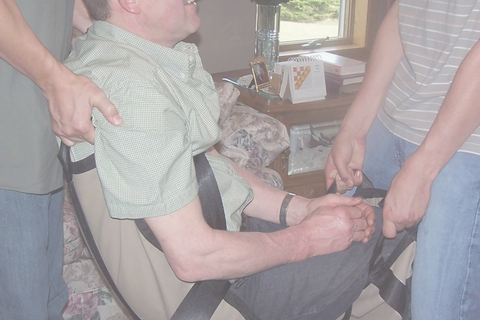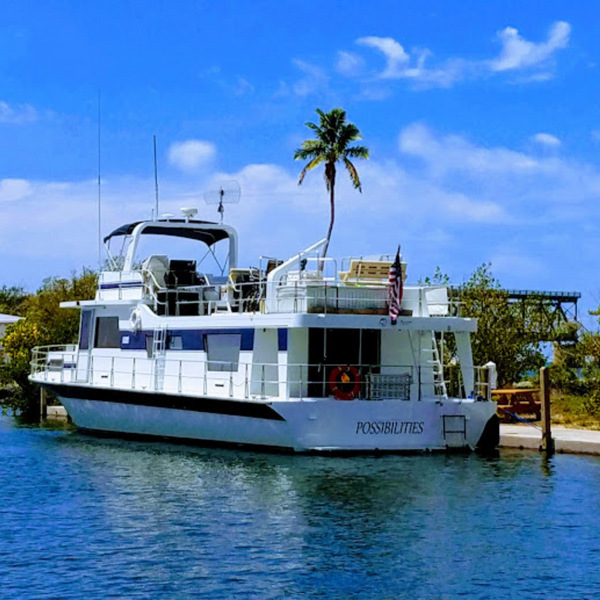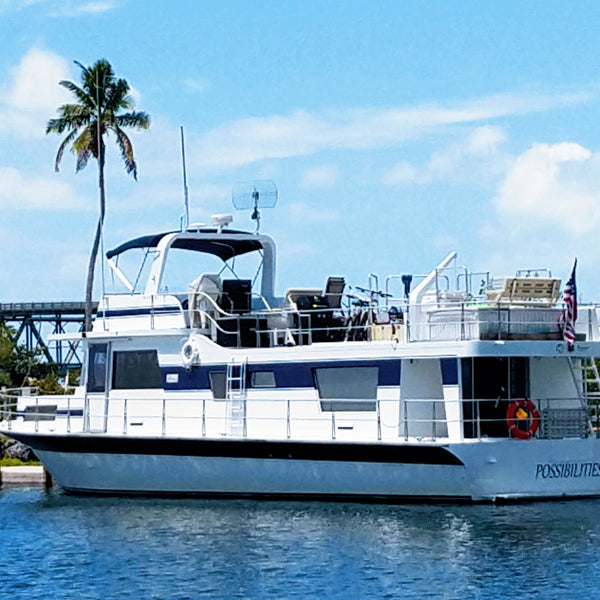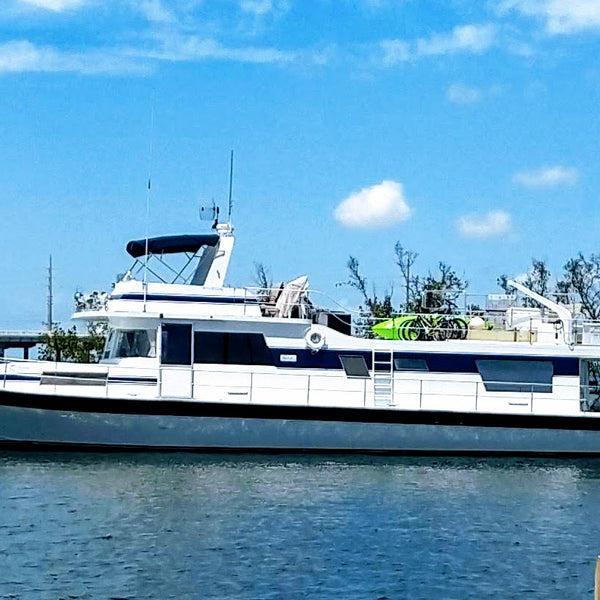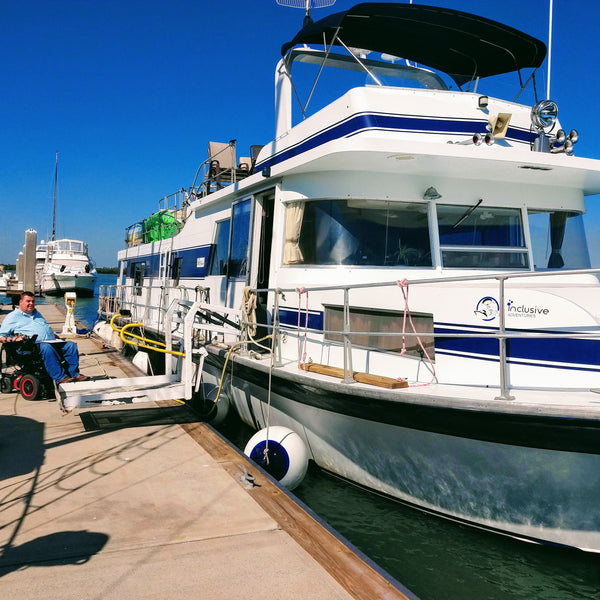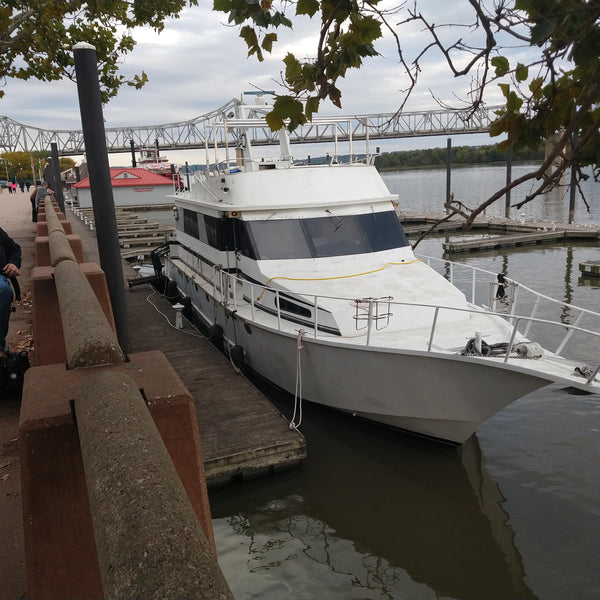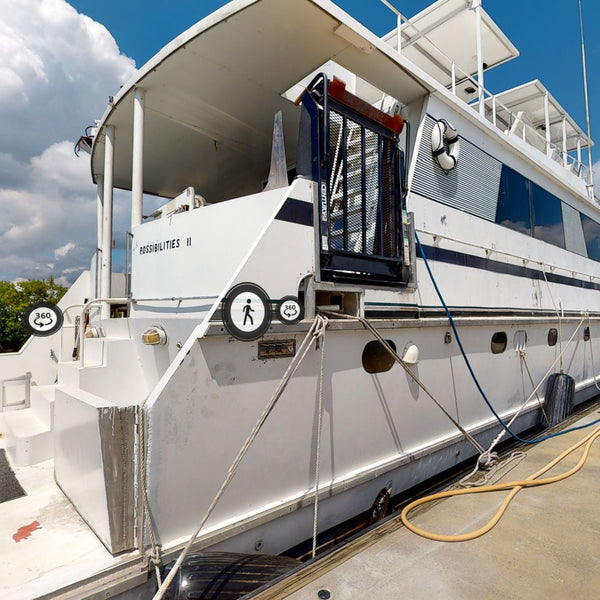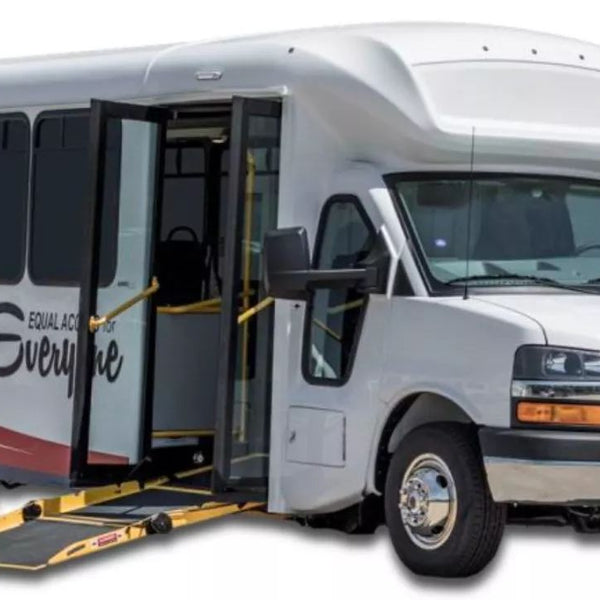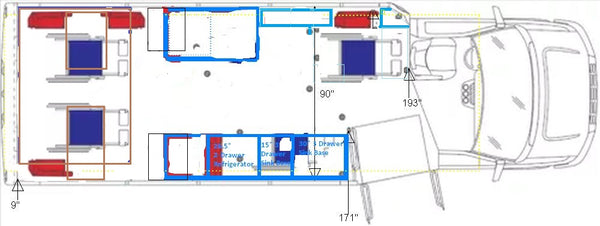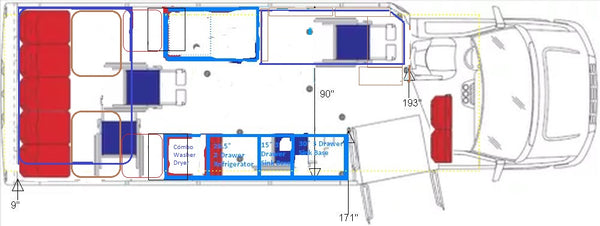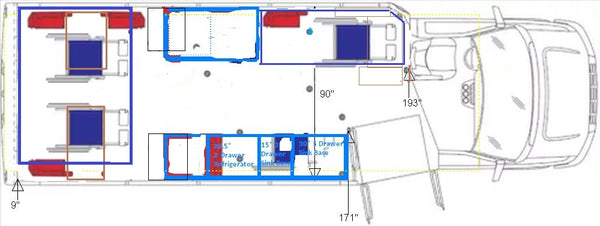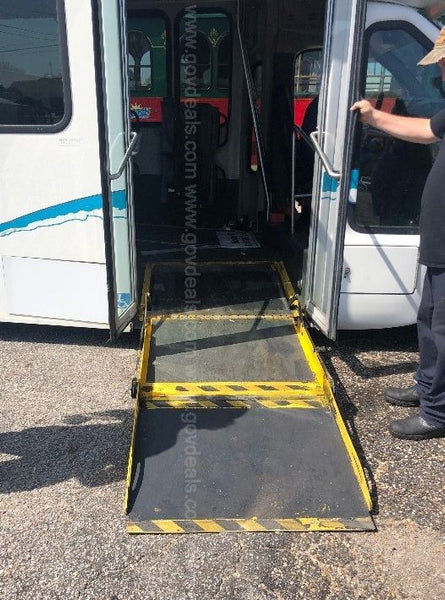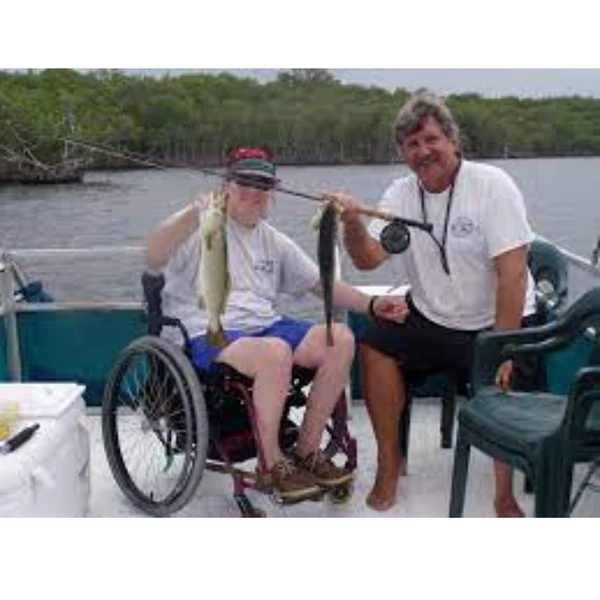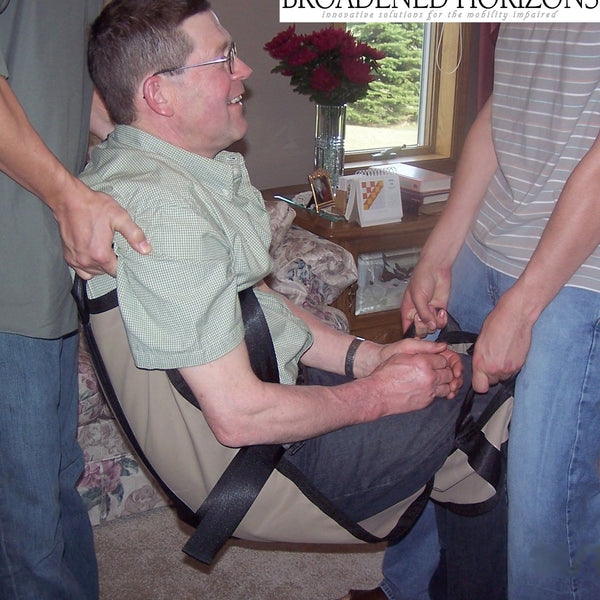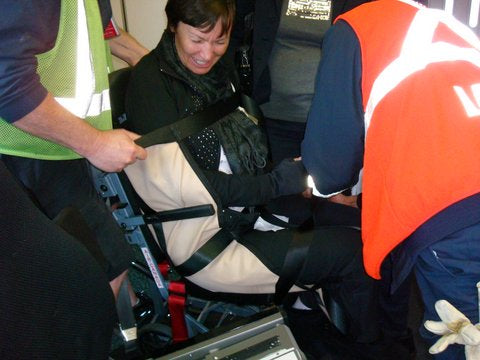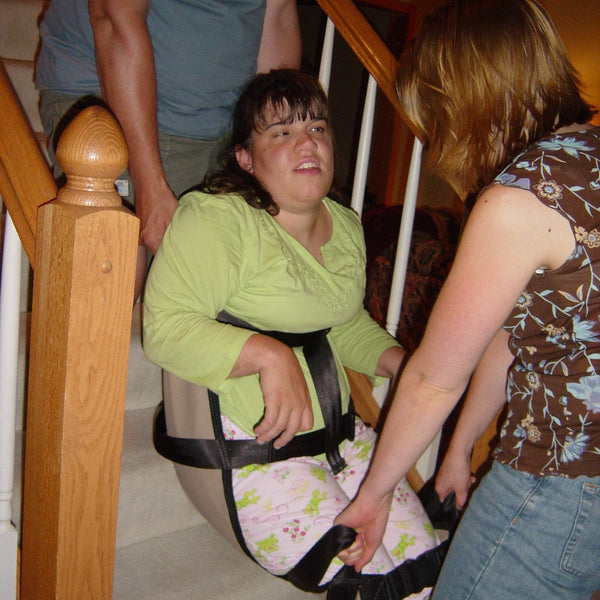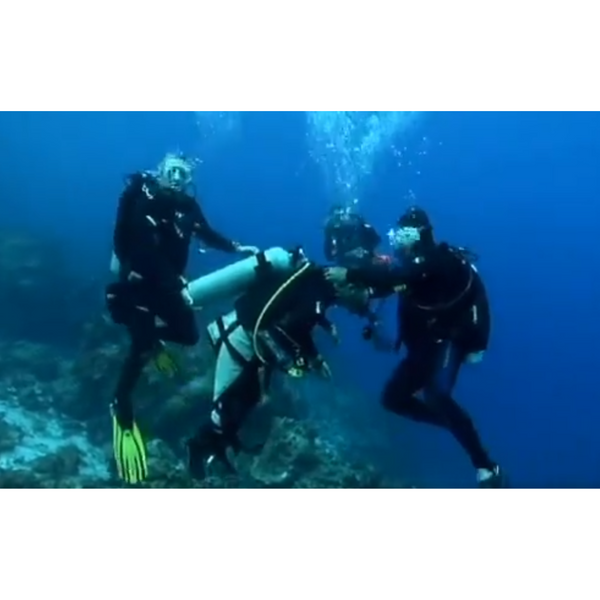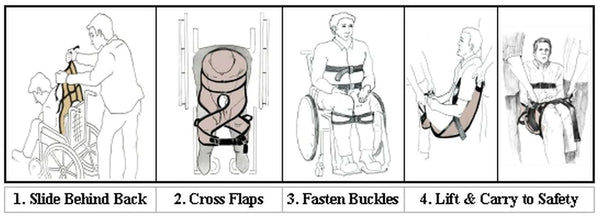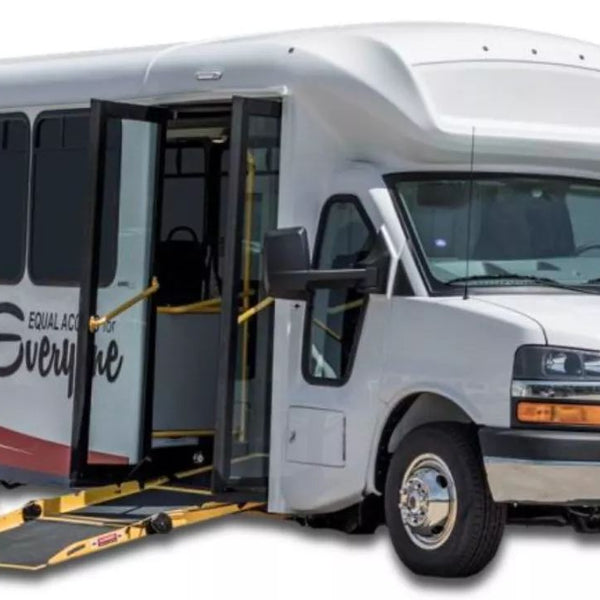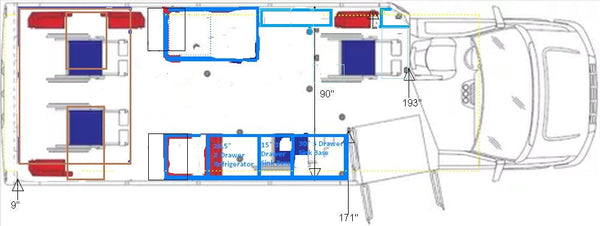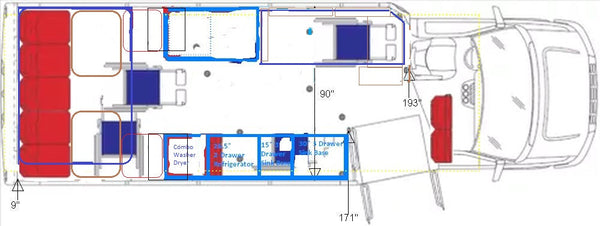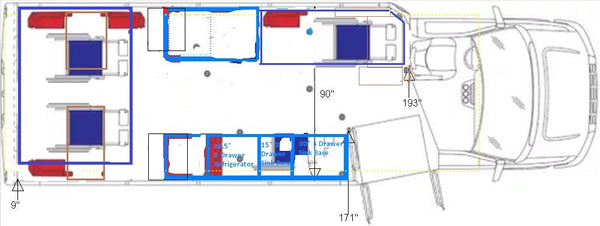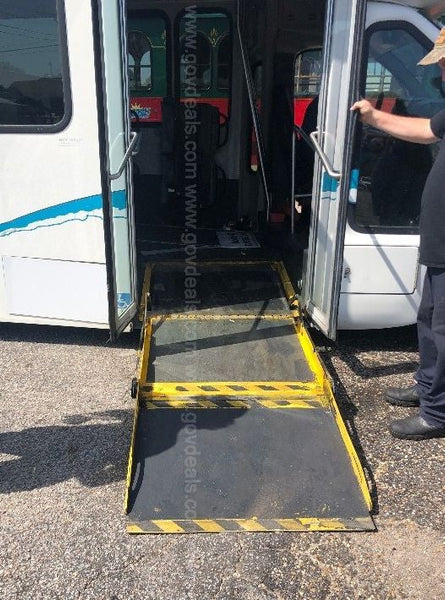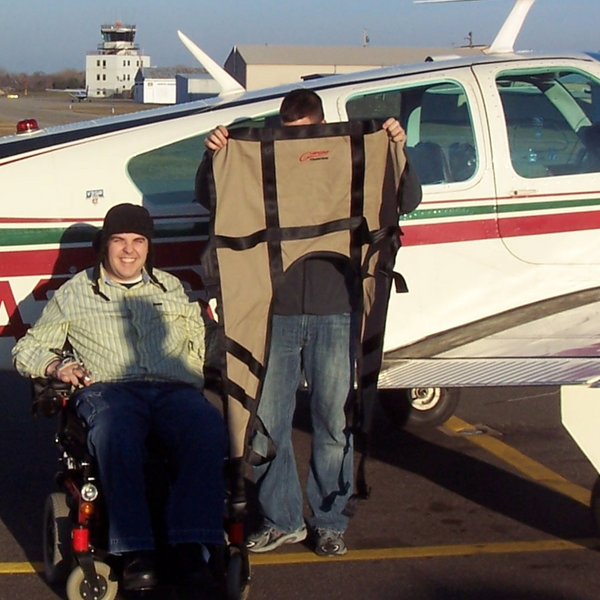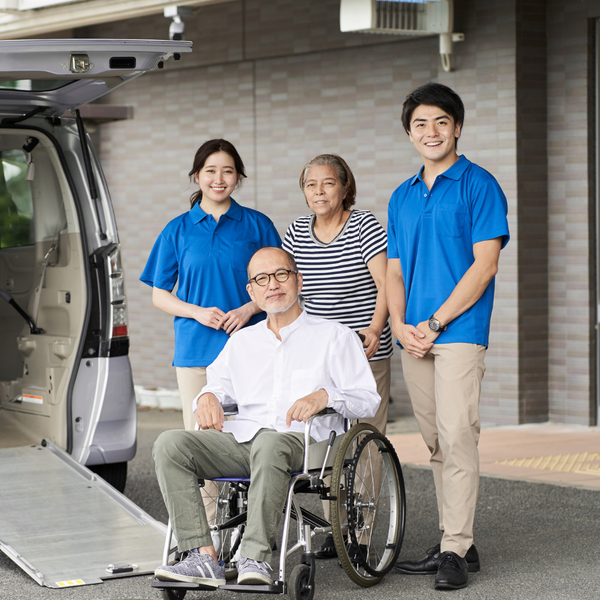
A new Handicap International study finds that 75% of people with disabilities believe they are excluded from humanitarian responses to emergencies like natural disasters and conflict. According to the study, Disability in Humanitarian Contexts [1]¸ published in 2015, three-quarters of 484 people with disabilities said that they did not have adequate access to basic assistance such as water, shelter, food, or healthcare.
“People with disabilities face many problems accessing humanitarian aid,” says Camille Gosselin, Handicap International’s humanitarian advocacy manager. “There are lots of reasons for this, including a lack of information on available services, difficulty in accessing them because they live too far away, and infrastructure that isn't adapted to people with disabilities. Sometimes, all it takes is common sense to make a difference."
Closely involved in international forums such as the World Humanitarian Summit and the current Conference on Climate Change (COP21), Handicap International is calling on the international community to ensure people with disabilities are taken into account when preparing and implementing humanitarian response to crises. "The international community must take action at COP and the next Global Humanitarian Summit to end this discrimination," Gosselin adds.
Vulnerable people are at the heart of Handicap International's programs. An excellent example is our widespread use of disability and vulnerability focal points—called "DVFPs"—which our teams set up during emergencies to ensure we can find the people who need aid, but cannot otherwise access it, for instance injured, disabled and older people, and people suffering chronic disease. Housed in temporary and mobile structures in affected communities, our rehabilitation specialists ensure vulnerable people can get the supplies, aid, and services they need to stay strong during a crisis.
The organization also provides assistance to numerous other humanitarian organizations to ensure their emergency programs are accessible to everyone. In addition, Handicap International runs training and awareness programs to help humanitarian staff identify and include people with disabilities and other vulnerable people in their projects.
At the next Global Humanitarian Summit, scheduled for May 2016 in Istanbul, Handicap International will advocate for tougher standards to ensure humanitarian response is truly inclusive.
[1] http://www.handicap-international.org/fileadmin/2015Disabilityinhumanitariancontext.pdf. The Disability in Humanitarian Contextsreport is based on the results of an online consultation carried out between April and June 2015 targeting people with disabilities, disabled people's organizations (DPOs) and humanitarian organizations. A total of 769 responses were collected worldwide. The report was carried out as a contribution to the World Humanitarian Summit that aims at reforming the global humanitarian system. The final meeting will be held in Istanbul, Turkey, in May 2016.
